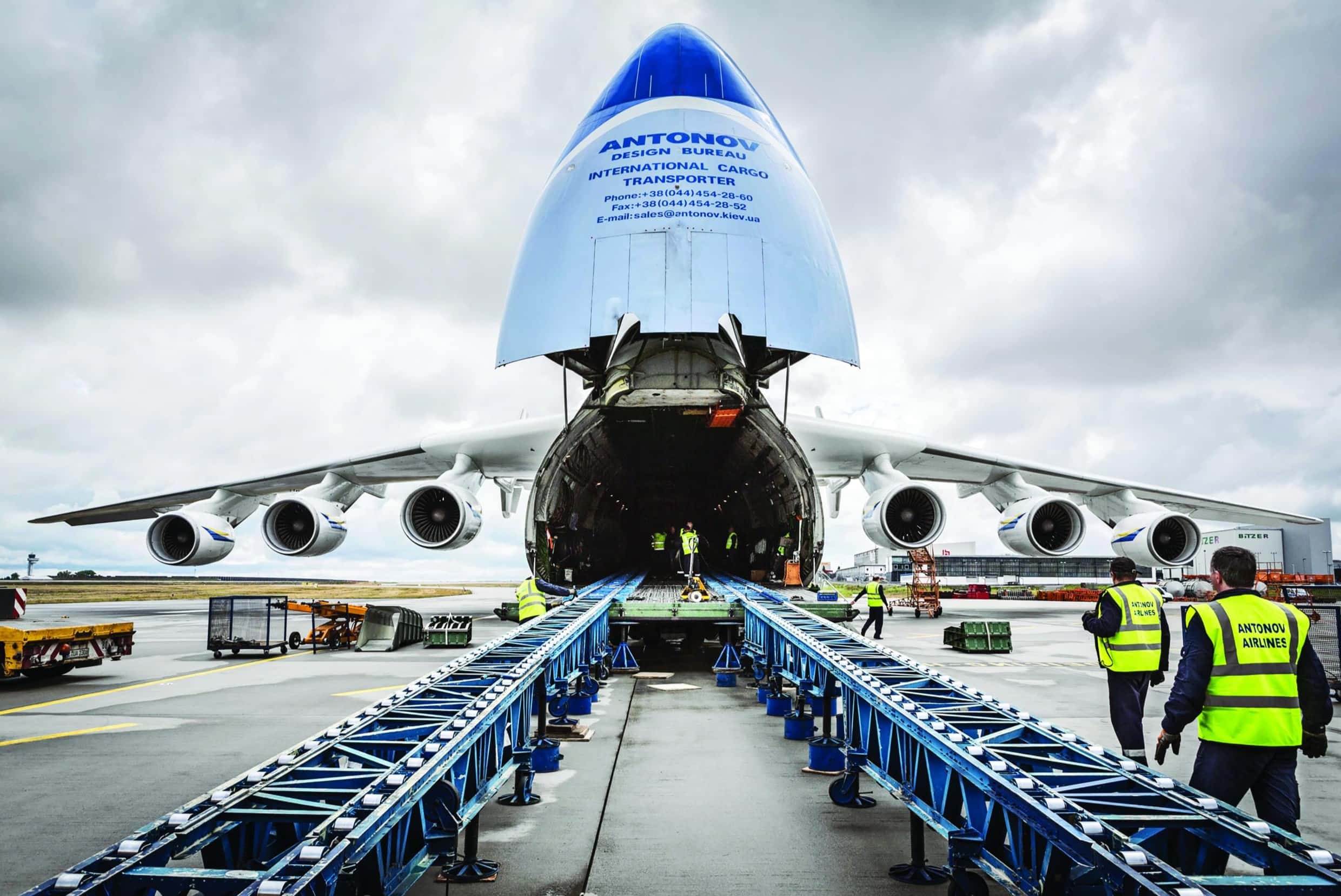
Aviation logistics providers play a crucial role in keeping the world connected. Ever wondered how your favorite products make it across the globe so quickly? These companies ensure that goods, from everyday items to critical medical supplies, reach their destinations on time. Aviation logistics involves intricate planning, coordination, and execution, making it a fascinating field. From managing cargo flights to handling customs clearance, these providers are the unsung heroes of global trade. They operate in a high-stakes environment where every second counts. Ready to learn more? Let's dive into 18 intriguing facts about these essential players in the aviation industry.
Key Takeaways:
- Aviation logistics providers ensure goods are transported globally, using advanced technology and sustainable practices. They face challenges like weather disruptions and regulatory compliance, but are innovating with drones and electric aircraft.
- Skilled professionals and technology work together in aviation logistics to ensure safe and efficient transportation. From pilots to customer service teams, the human element remains crucial in this dynamic industry.
The Role of Aviation Logistics Providers
Aviation logistics providers play a crucial role in the global supply chain. They ensure that goods are transported efficiently and safely across the world. Here are some fascinating facts about these essential service providers.
-
Aviation logistics providers manage the transportation of goods via air, ensuring timely delivery across continents.
-
They handle a wide range of cargo, including perishable goods, pharmaceuticals, electronics, and even live animals.
-
These providers often operate 24/7 to meet the demands of global trade and ensure that shipments arrive on time.
Technology in Aviation Logistics
Technology has revolutionized the way aviation logistics providers operate. From tracking systems to automated warehouses, technology plays a significant role in enhancing efficiency.
-
Advanced tracking systems allow real-time monitoring of shipments, providing transparency and reducing the risk of loss or theft.
-
Automated warehouses use robotics and AI to streamline the sorting and loading of cargo, increasing efficiency and reducing human error.
-
Blockchain technology is being explored to enhance security and transparency in the supply chain, ensuring that all transactions are recorded and verifiable.
Environmental Impact and Sustainability
Sustainability is becoming increasingly important in the aviation logistics industry. Providers are adopting various measures to reduce their environmental footprint.
-
Many aviation logistics providers are investing in fuel-efficient aircraft to reduce carbon emissions.
-
They are also exploring the use of sustainable aviation fuels (SAFs) made from renewable resources to further cut down on emissions.
-
Some providers are implementing carbon offset programs, where they invest in environmental projects to compensate for their carbon footprint.
Challenges Faced by Aviation Logistics Providers
Despite their critical role, aviation logistics providers face numerous challenges. These can range from regulatory issues to natural disasters.
-
Regulatory compliance is a significant challenge, as providers must adhere to various international laws and standards.
-
Weather-related disruptions, such as hurricanes or snowstorms, can cause significant delays and require contingency planning.
-
The COVID-19 pandemic highlighted the vulnerability of global supply chains, with aviation logistics providers having to adapt quickly to changing circumstances.
Innovations and Future Trends
The future of aviation logistics looks promising, with several innovations on the horizon. These advancements aim to further improve efficiency and sustainability.
-
Drone technology is being explored for the delivery of small parcels, especially in remote or hard-to-reach areas.
-
Electric aircraft are being developed to reduce reliance on fossil fuels and decrease carbon emissions.
-
The use of big data and analytics is helping providers optimize routes, reduce fuel consumption, and improve overall efficiency.
The Human Element in Aviation Logistics
While technology plays a significant role, the human element remains crucial in aviation logistics. Skilled professionals ensure that operations run smoothly.
-
Pilots, ground crew, and logistics coordinators work together to ensure that cargo is loaded, transported, and unloaded safely and efficiently.
-
Training and development programs are essential to keep staff updated on the latest technologies and best practices.
-
Customer service teams play a vital role in addressing client concerns and ensuring satisfaction with the logistics services provided.
Final Thoughts on Aviation Logistics Providers
Aviation logistics providers play a crucial role in keeping the global supply chain running smoothly. From ensuring timely delivery of goods to managing complex logistics operations, these providers are the backbone of international trade. They handle everything from cargo transportation to customs clearance, making sure that products reach their destinations efficiently and safely.
Understanding the importance of aviation logistics can help businesses optimize their supply chain strategies and improve overall efficiency. By partnering with reliable providers, companies can benefit from reduced transit times, lower costs, and enhanced customer satisfaction.
In a world where speed and reliability are paramount, aviation logistics providers offer indispensable services that keep the wheels of commerce turning. Their expertise and dedication ensure that goods are delivered on time, every time, making them an essential part of the modern economy.
Frequently Asked Questions
Was this page helpful?
Our commitment to delivering trustworthy and engaging content is at the heart of what we do. Each fact on our site is contributed by real users like you, bringing a wealth of diverse insights and information. To ensure the highest standards of accuracy and reliability, our dedicated editors meticulously review each submission. This process guarantees that the facts we share are not only fascinating but also credible. Trust in our commitment to quality and authenticity as you explore and learn with us.


